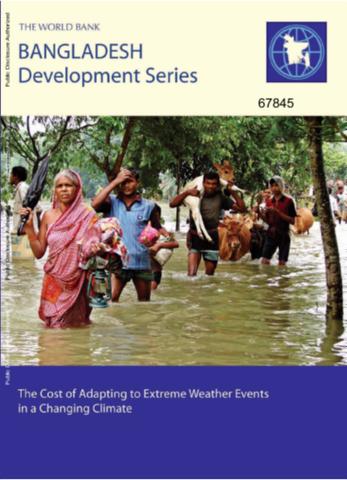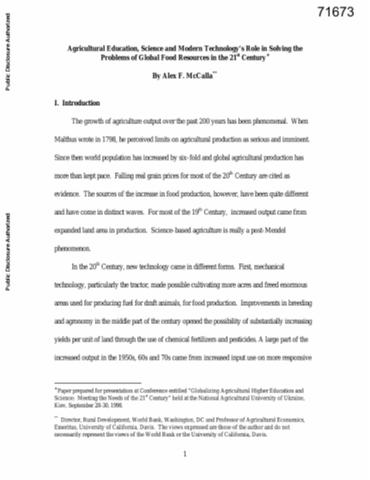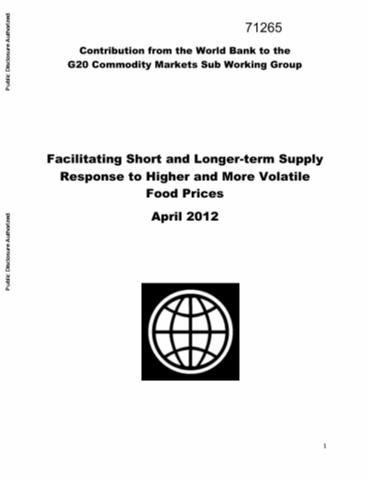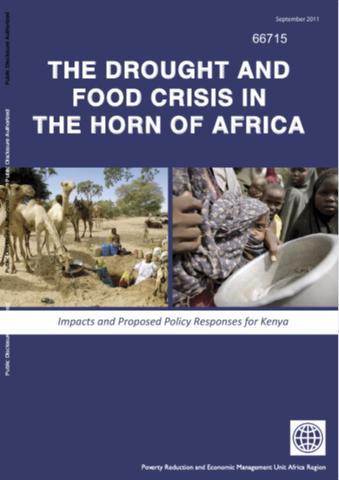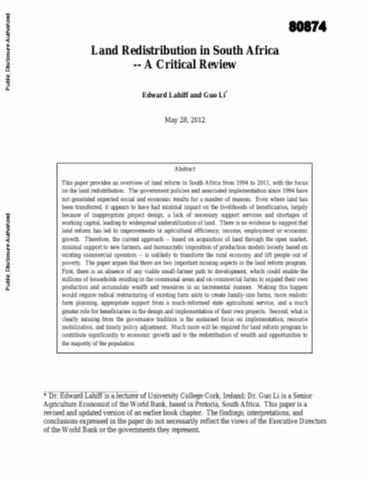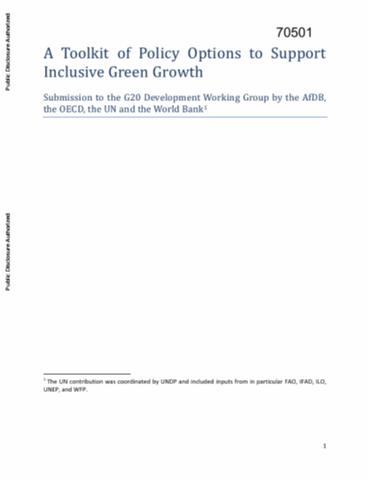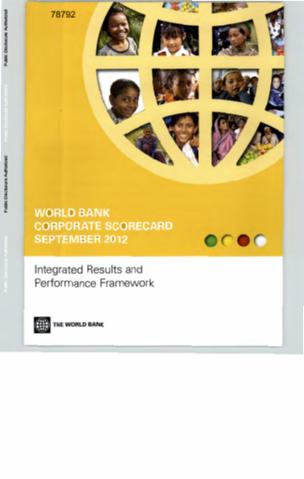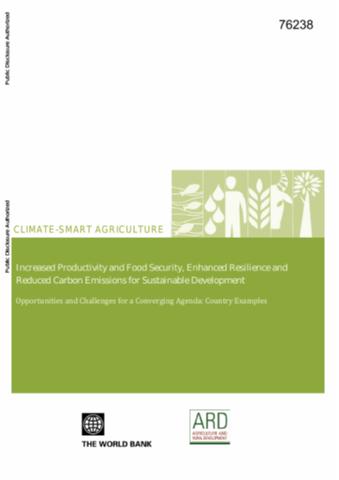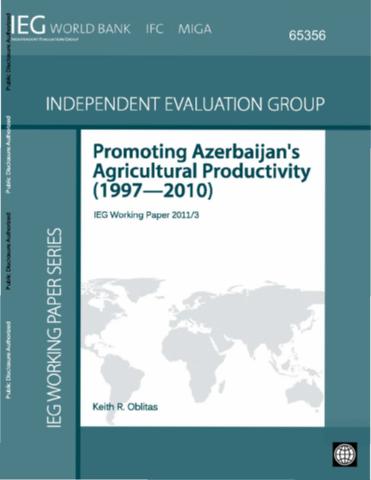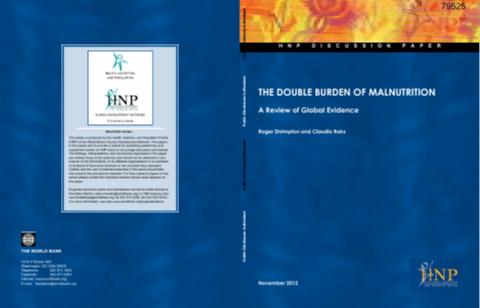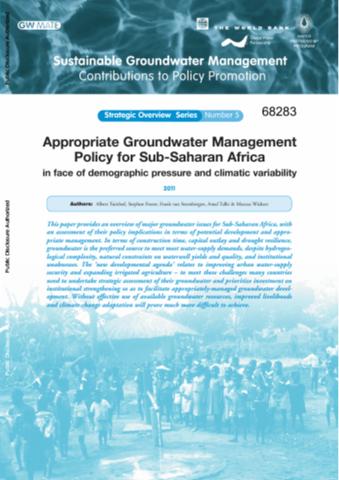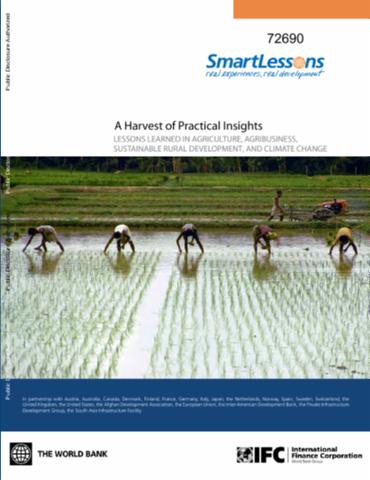The Cost of Adapting to Extreme Weather Events in a Changing Climate
Bangladesh is one of the most climate vulnerable countries in the world. Situated in the delta of the Ganges, Brahmaputra, and Meghna (GBM) rivers, the country is exposed to a range of river and rainwater flood hazards due to climate variability, the timing, location, and extent of which depend on precipitation in the entire GBM basin. The Government of Bangladesh is fully committed to global climate-change advocacy and action, having already invested heavily in adaptation measures and policies.

